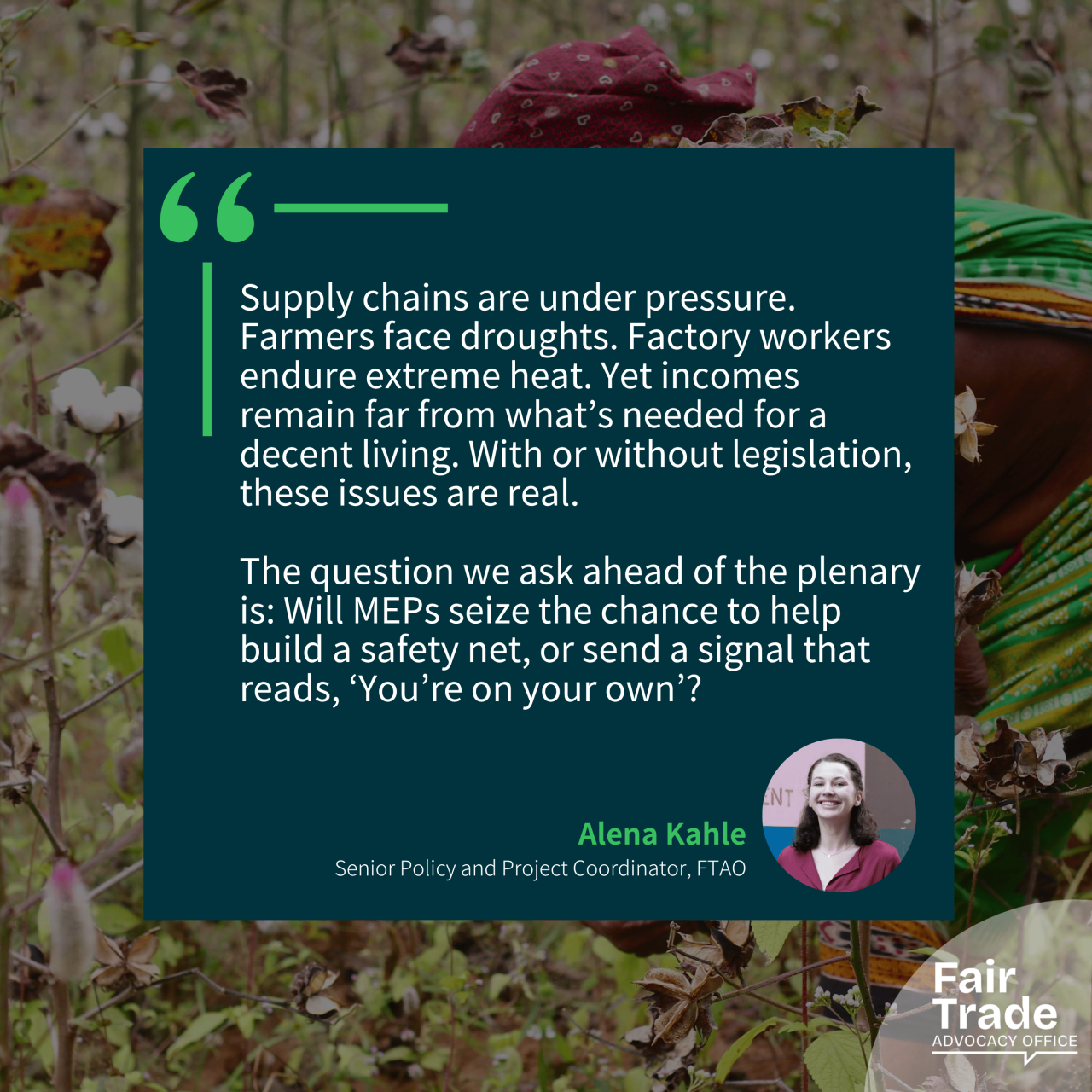The Council’s position on CSDDD betrays smallholder farmers and responsible businesses and risks harming supply chain resilience
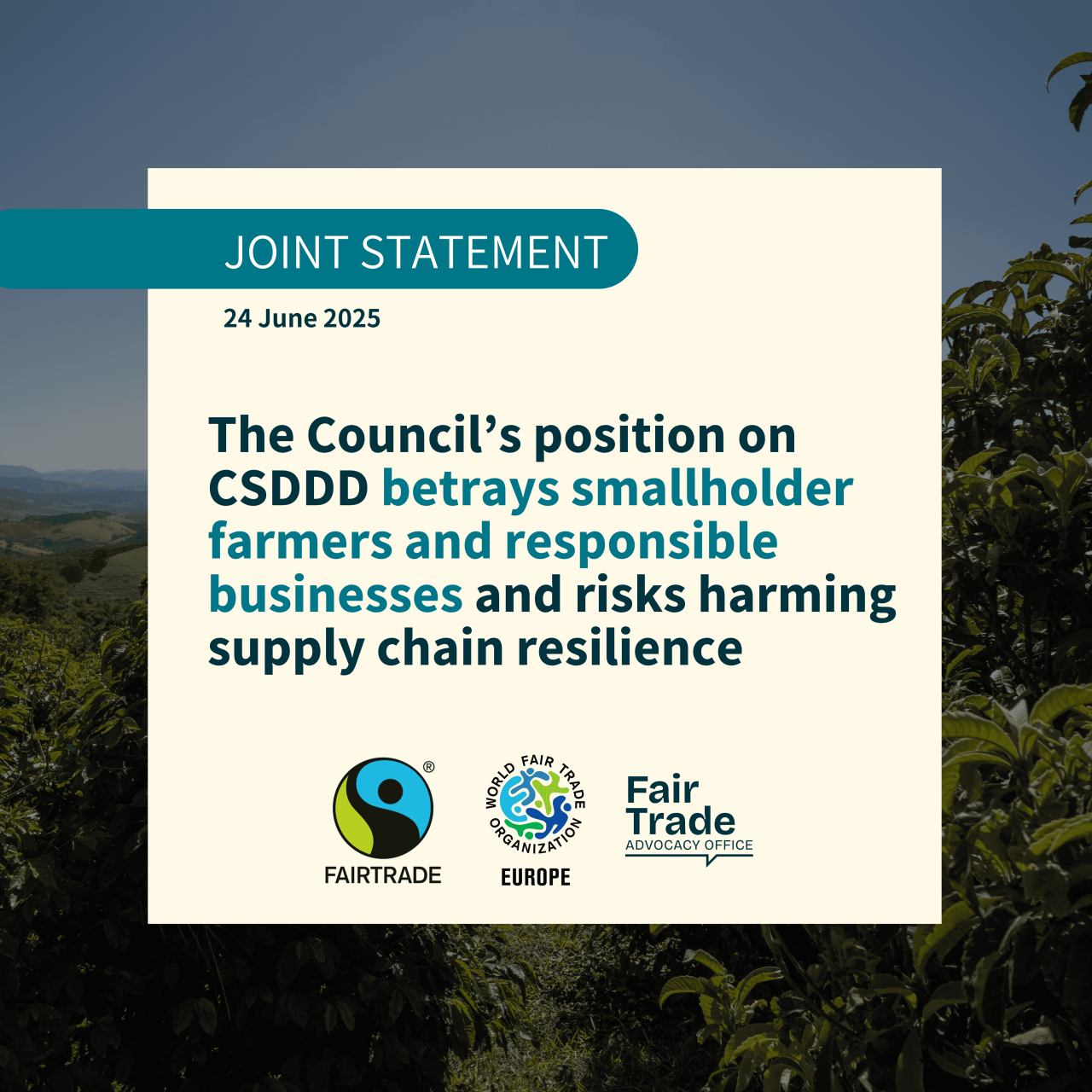
The Fair Trade Movement regrets yesterday’s political agreement by EU Member States on the Corporate Sustainability Due Diligence Directive (CSDDD), which risks dismantling key provisions essential to protecting smallholder farmers, artisans and workers, and stripping the Directive of its potential to foster fairer, more resilient global supply chains.
While we support efforts to streamline processes, we are concerned about the specific changes that risk undermining the core principles of responsible business conduct, particularly the protection and inclusion of the 600 million smallholder farmers who are vital to Europe’s food supply chains, as well as millions of textile and garment workers, many of them women, who produce the clothes we wear under often exploitative and precarious conditions. The proposed employee and turnover thresholds could exclude 70% of EU companies, according to SOMO, undermining the Directive’s purpose and penalising those, like smallholder farmers and responsible companies, who have already invested in due diligence.
- “Europe’s long-term competitiveness hinges on building resilient, fair supply chains. The European Parliament now has a narrow window to course correct and push for a Directive that sets a clear minimum for companies to play their part in protecting both people and planet”
- Alena Kahle, Senior Policy and Project Coordinator, Fair Trade Advocacy Office
The CSDDD could help create a level playing field by ensuring all companies follow the same human rights and sustainability rules, giving suppliers clarity on buyer expectations. When the CSDDD was first negotiated in 2023, the co-legislators had already reduced the company scope, which reduced its potential positive impact. The Fair Trade Movement warns that further dilution risks creating a fragmented system.
- "Fair Trade enterprises have shown that ethical and sustainable supply chains are not only possible—they’re essential. Rolling back due diligence now puts us all at a disadvantage while rewarding irresponsible practices.”
- Mikkel Kofod Nørgård, World Fair Trade Organization-Europe
The Council has voted to limit due diligence to Tier 1 suppliers unless specific harms are proven further upstream, despite overwhelming support for a risk-based approach aligned with international standards from investors, businesses and industry voices such as BNW, FoodDrinkEurope, the international group of institutional investors behind the United Nations’ backed Principles for Responsible Investment (UNPRI), and countless others. The Fair Trade Movement is concerned that the Council's narrow approach reflects a troubling misunderstanding of how risk-based due diligence works. This favours a reactive model that undermines prevention, increases long-term costs and breaks with established best practices already followed by leading companies, as highlighted by Germany’s Federal Office for Economic Affairs and Export Control (BAFA).
- “Departing from the UNGPs by focusing mainly on tier-1 suppliers won’t help companies identify risks where they are most present. It will misdirect resources, leave upstream issues unaddressed, and worst of all, cut off support for farmers when companies are only required to act in case they have objective and verifiable information.”
- Meri Hyrske-Fischer, Human Rights Advisor, Fairtrade International
While the Council’s proposal includes a review clause, by which they keep open the option of a risk-based approach covering the entire supply chain, the immediate decision to limit due diligence to direct suppliers undermines not only the urgency of addressing human and environmental harms but also the credibility of the EU as a global standard-setter. The evidence is clear now: long-term European competitiveness and supply chain resilience depend on including all supply chain actors, not just direct suppliers, in companies’ due diligence processes. The Members of the European Parliament must heed this in the continued negotiating work if they are serious about competitiveness and resilience.
Equally alarming is the Council’s failure to propose any changes to other key parts of the Directive that were modified by the European Commission’s initial proposal, such as the withdrawal of the duty to consult affected stakeholders before suspending business relationships. Especially smallholders and artisans, often considered “high-risk”, could therefore lose buyers overnight with no chance to flag unintended consequences or negotiate corrective action.
The Council has taken a welcome step in addressing a major flaw in the Commission’s original proposal to limit information requests from suppliers. The Commission suggested restricting requests to data points in the “VSME standard,” which only covers a company’s own operations and is unfit for effective supply chain due diligence. The Council rightly clarified that companies should only request information that is genuinely necessary and should exercise restraint. This is a move toward more proportionate due diligence. The Fair Trade movement urges Parliament negotiators to build on this progress and ensure smarter, risk-based information flows across supply chains.
Background
Since February 2025, the Commission’s Omnibus Simplification Package has driven a political push to pare back corporate-accountability legislation. In April, 41 organisations, including actors in the Fair Trade Movement, urged EU institutions to keep the CSDDD aligned with international standards to ensure long-term supply chain resilience. Today’s Council mandate ignores that call and instead institutionalises a reactive, box-ticking model that leaves the most vulnerable producers exposed.
The Council text now moves to trilogue negotiations with the European Commission and the European Parliament, which is still negotiating its mandate and is due to vote in October. The Fair Trade Movement urges MEPs to stand with smallholders, artisans, responsible businesses and investors by pushing for a truly risk-based, whole-supply-chain Directive.
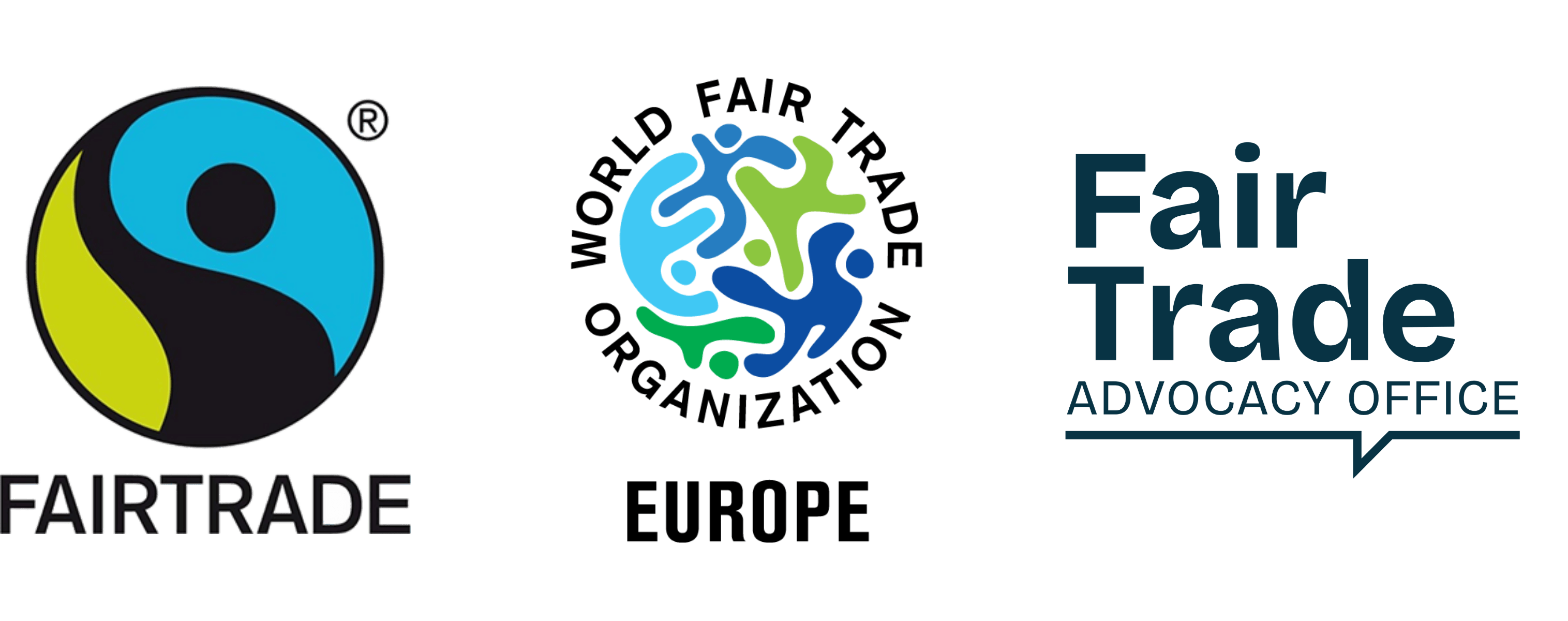
Get in touch
For more information about the FTAO's work on CSDDD, please reach out to Alena Kahle, Senior Policy and Project Coordinator, at kahle@fairtrade-advocacy.org
More From The Workstream
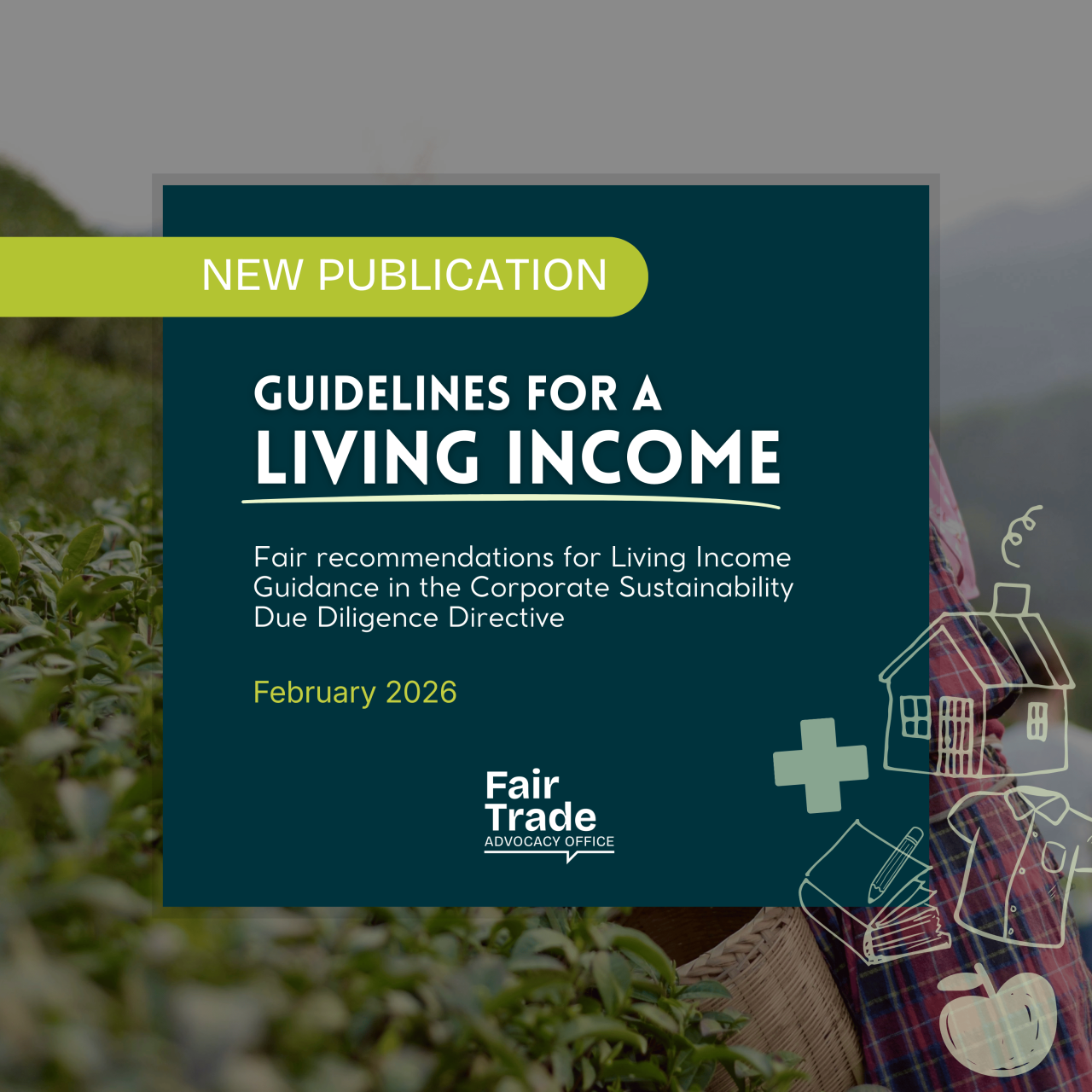
Guidelines for a Living Income: Fair recommendations for Living Income Guidance in the Corporate Sustainability Due Diligence Directive
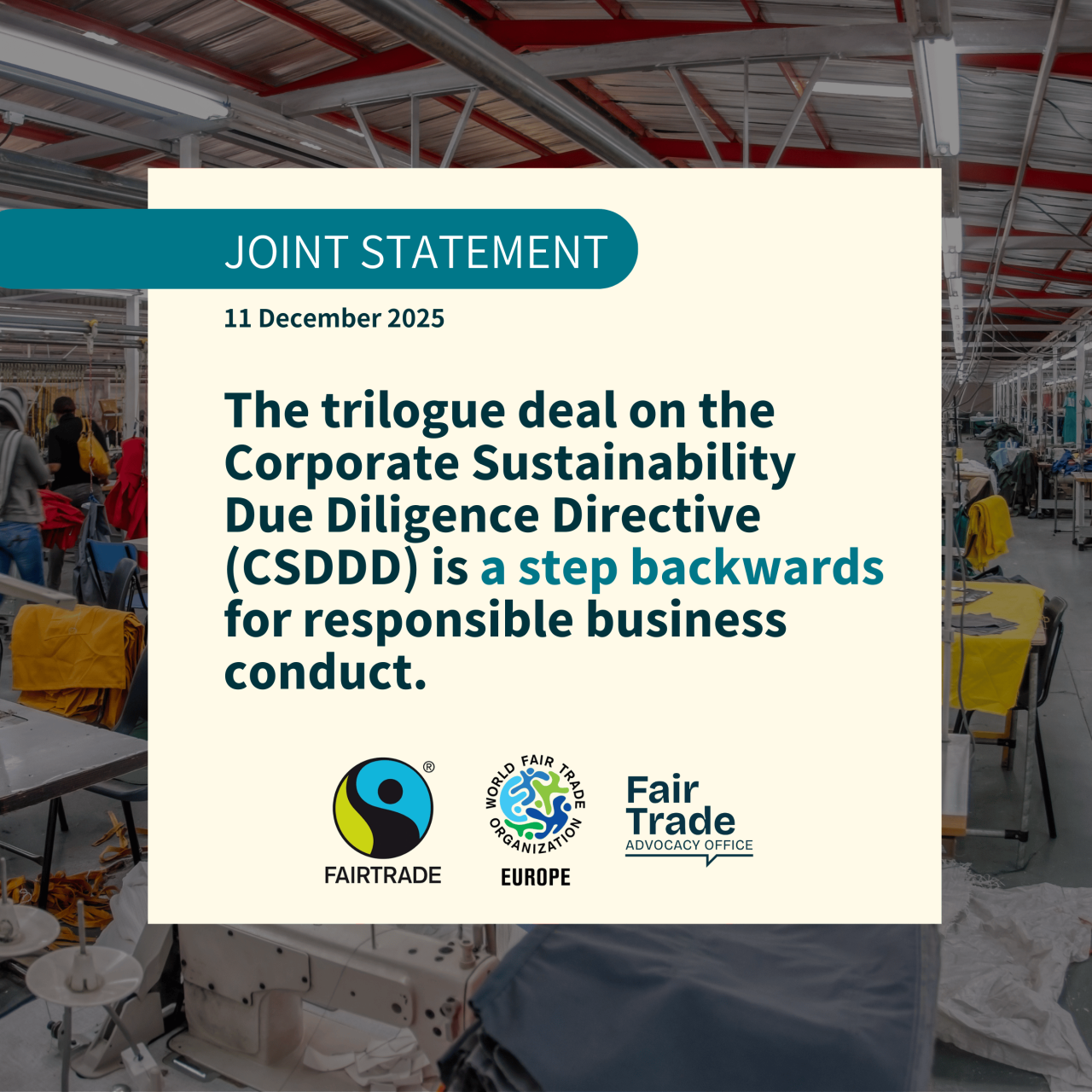
Trilogue deal on CSDDD is a step backwards for responsible business conduct
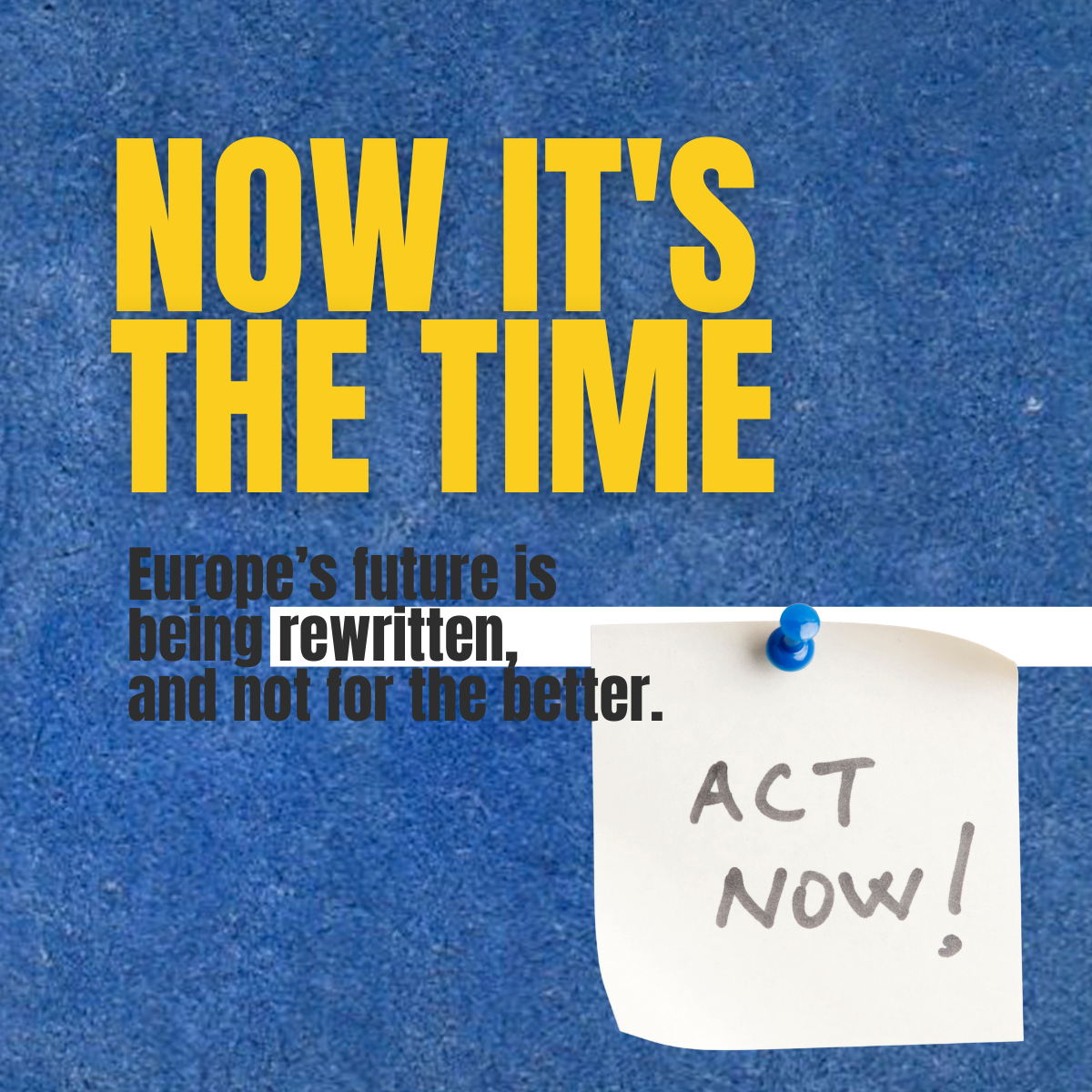
JOINT STATEMENT: Call for European Parliament to deliver a credible and ambitious approach on Omnibus I
